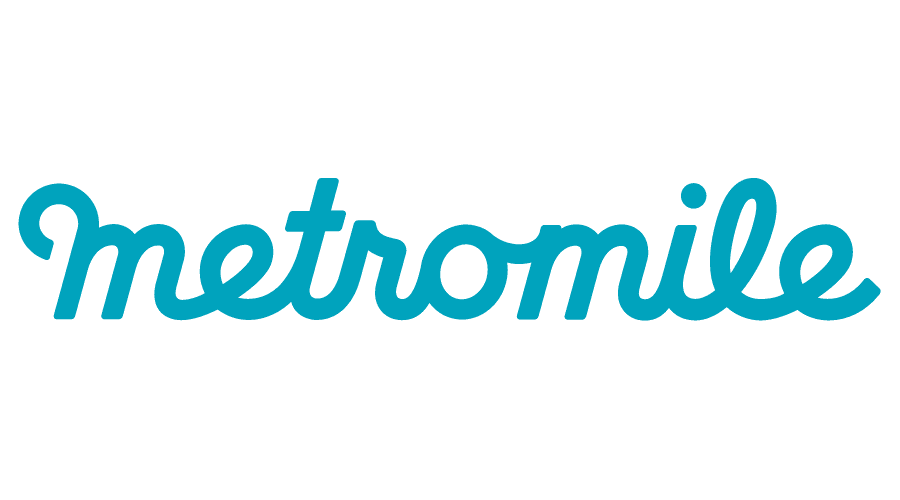Cryptocurrencies such as Bitcoin are a very hot topic these days. While buying and selling cryptos is becoming increasingly mainstream, the opportunities to spend digital currencies are somewhat limited in comparison because its price is volatile.
There are, however, a growing number of companies across a wide range of industries who are embracing cryptocurrencies. They let customers use them as an official method of payment for their products and services.
In this blog post, we are going to share with you the insurance companies that embrace Bitcoin and some pros and cons of Bitcoin and other cryptocurrencies.
Table of contents

AXA
Switzerland-based all-lines insurance provider AXA stated in their announcement that they would now accept the leading cryptocurrency as a payment option for its customers to pay for all of their non-life products.
AXA is the first all-lines insurer in Switzerland to allow their clients to pay their bills with Bitcoin. This represents an investment in the company’s digital future in response to growing customer demand for more choice when it comes to payments.
The company mentioned that it currently holds no bitcoin on its balance sheet and that it has partnered with cryptocurrency exchange Bitcoin Suisse, which helps the insurance company to convert Bitcoin (BTC) into Swiss francs. It has also partnered with mobile bitcoin payment processor Inapay to host the user interface for the payments.
It is interesting to be mindful of the fact that the company does not charge any fee for this new payment option. However, Bitcoin Suisse will charge a commission of 1.75% on the transactions.
At present, other cryptocurrencies are not supported. The company wants to gather some experience with Bitcoin first before deciding on the next steps.

Metromile
According to Metromile spokesperson Rick Chen, says it will be the first insurer to both accept premiums and pay claims in cryptocurrency. Policyholders will be able to pick either cryptocurrency or old-fashioned dollars for premium and claim transactions.
Metromile is a San Franscisco-based auto insurer which offers pay-per-mile insurance. It is a form of auto insurance that can lower rates for people who don’t drive a lot. Monthly bills are calculated using a base rate plus a per-mile rate for the month.
Premier Shield Insurance
Massachusetts-based Premier Shield Insurance, an insurance agency, says it lets policyholders pay auto, home and business insurance premiums and agency fees with Bitcoin, up to a limit of $5,000. However, Premier Shield’s Bitcoin program does not apply to claim payouts.
Pros and Cons of Bitcoin and other cryptocurrencies
According to Ollie Leech, learn editor at CoinDesk, a leading cryptocurrency news outlet, Bitcoin is also much more transferable and more easily stored compared to a resource like gold. If you want to move gold, it’ll cost a lot of money (armored transport, security, cost of storage in a secure facility). Bitcoin can essentially be stored on a USB stick — in something known as a cold or hard wallet.
Bitcoin’s volatility contradicted its original intent of being an electronic cash system. Leech explains that, for example, no person “in their right mind” would want to buy coffee with Bitcoin, says Leech. That’s because you could buy a coffee worth $4 today with Bitcoin, and tomorrow that same Bitcoin is worth $40, and you’ve effectively spent $40 on a cup of coffee.
Or take it from the merchant’s point of view — you use Bitcoin for your $4 coffee, and tomorrow that Bitcoin is worth $1. Then the merchant lost out. The price volatility makes it completely useless as an electronic cash system.
In accordance with Galen Moore, director of data and indexes at CoinDesk, similar to gold, people buy Bitcoin not because they expect to be able to go to the store and spend it, but because they expect it to hold its value.
For the same reason people would have diamonds, or some $100 bills, or some gold coins in a safe. They would keep a digital wallet with their Bitcoin on it.


